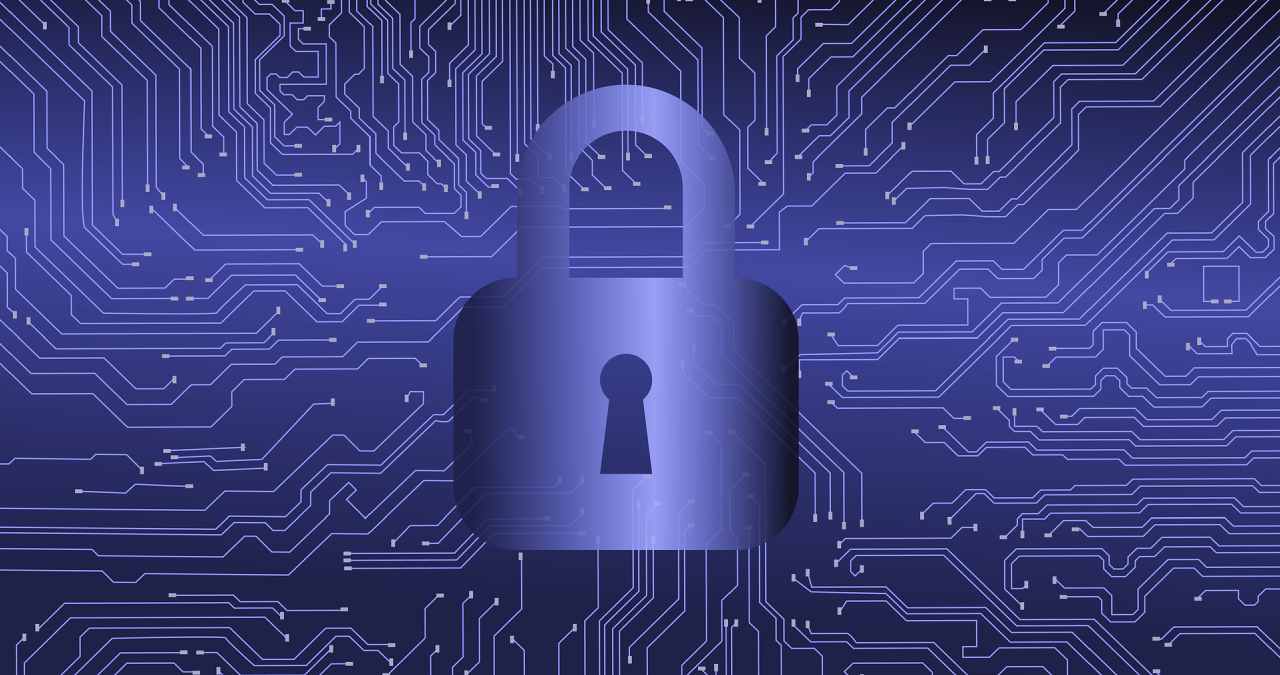As the coronavirus pandemic continues to test global health, economic, political and social systems, there is another invisible threat on the rise, the risk of cybersecurity attacks taking advantage of our increased reliance on digital tools and the uncertainty of crisis caused by forced confinement in our homes.
Table of Contents
We Have Increased Our Dependence On Technology
The reported cases of coronavirus in the world cover more than 150 countries and the obligation of confinement lead individuals and companies to have a greater dependence on communications by digital means. The Internet has become almost the only channel for interaction and as a means of work.
We have increased our dependence on technology, companies, both in the private and public sectors, continue their work to encourage teleworking, and communications between people are practically reduced to calls and videoconferences, chats, and messages on social networks. Similarly, a good part of the services and information offered by different government organizations are accessible by online means.
In this context, as novel as it is unusual, an attack by cybercriminals that would limit users and companies from accessing their devices, their data, or simply the Internet, would be devastating because it would lead to a stoppage of operations.
And putting ourselves in the worst-case scenario, such an attack could cause infrastructure failures that can affect even cities, paralyzing, for example, the function of health care systems or public services in general.
Threats That Exploit Fear And Uncertainty
Cybercriminals seek human recklessness to enter systems. When a crisis is prolonged excessively, as it is currently happening, people often make mistakes that they would not have made under normal circumstances.
It is estimated that 98% of attacks are due to the use of social engineering methods, and the creativity of cyber criminals increases day by day to access passwords and personal or special interest data. To do this, current topics are used to tempt users and make them make mistakes when clicking on a link or opening an attached message in an email.
We have lived the cases of phishing and malware distribution impersonating the Chinese Ministry of Health or the impersonation campaign to the World Health Organization (WHO) in which a donation was requested to be made in the form of Bitcoins, to contribute to the investigation of a cure against COVID-19.
The extortion cases even affect hospitals, with the record of an attack on a hospital in the Czech Republic, as well as messages addressed to elderly people with threats of contagion if a certain amount of money is not transferred.
And scams via the web proliferate over the purchase of virus test kits, fraudulent pages aimed at collecting donations for research into a vaccine, or portals that offer and sell all kinds of products in the Darknet markets.
Cybersecurity Recklessness Soars
On the other hand, it is not a conscious thing, but being online for more time leads us to behave in a more risky way. For example, it is not uncommon to search for free access to undesirable web pages or to search for software without official licensing, thus opening a door to possible attacks and the installation of malware.
Let’s not forget that there can also be hidden risks in the usual tasks related to credit cards or in the installation of specialized applications.
Normally it is dangerous to click on unreliable links, but during the pandemic, this action can be destructive and have a very high economic cost for whoever performs it or for the organization in which they work.
Awareness And Caution, The Best Safety Tips
- COVID-19 has forced us to change our daily habits and routines, but it also requires a change in our online behavior:
- In the current situation, wherein many cases employee-owned domestic devices are used to remotely access company networks, it is particularly relevant that our homes are cybersecurity.
- You have to be especially careful to whom we give your personal information. It is convenient to take our time to check what we are reading, what they ask us, and where we are going to access it.
- Last but not least, the best way to act is to look at everything with a magnifying glass and trust only those companies, people, or institutions with credible creditworthiness, as well as national or local government agencies.
- To help protect everyone, the Basque Cybersecurity Center has created a specific section on the related risks and threats related to the coronavirus and an awareness kit with tips, specific infographics, and a series of documents that help prevent exposure to cyber threats.
Also Read: How To Accelerate Your Business With Artificial Intelligence
